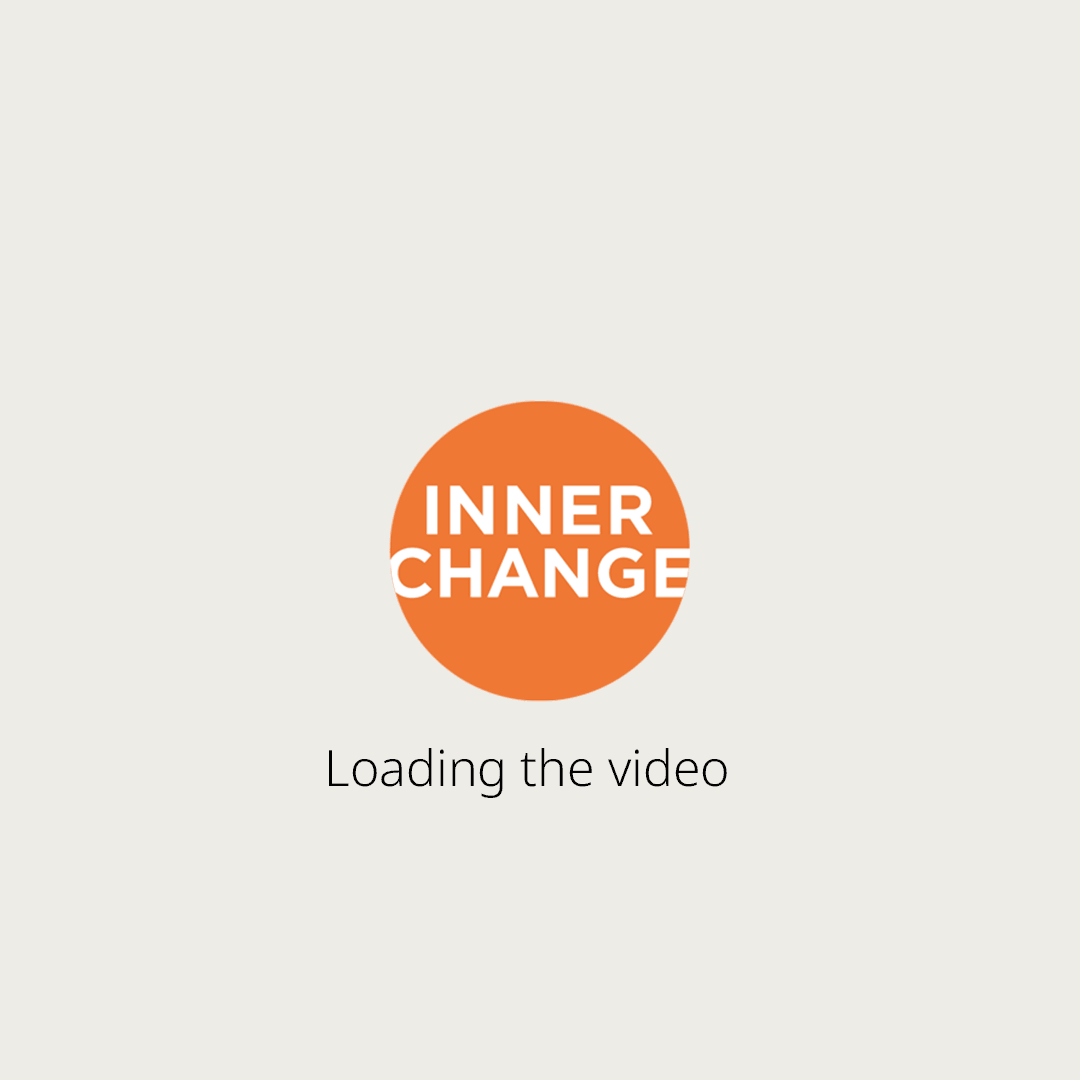Everybody says: oh yeah, that sounds like that's great for me. Let me become enlightened and it's not an easy process obviously. Buddhist monks spend 30, 40 years trying to achieve enlightenment and some do and some don't. So there's no one size fits all it's not, there's no guarantee but part of what we have learned again by looking at this survey and thinking about this process, is:
one you have to want to have some change occur in your life. And whether that is just to become a more open individual whether it is, you know, we all are living through our brain. Our brain is interpreting the world around us and it's doing the best job it can. But it's a scary world out there. And we have no real way of knowing if what we think on the inside is accurate. So the idea of can we learn about the world in a different way and make that kind of a change is an important one.
Part of the Enlightenment process is to find the ritual that ultimately, the process that ultimately works best for you and whether it is a spiritual or religious approach through a tradition that a person grew up in, whether it is a new approach that they hadn't tried before maybe they were Catholic and they decide to try Buddhism or something like that or maybe they're Buddhist and they just try to follow the path of Catholicism. But the idea that you look for that path that is individualised to you and for any given individual the experience of enlightenment can be many and varied, and for some people it is within a religious tradition for others it is through their own private practice of loving kindness meditation, mindfulness, some other prayer practice or something like that.
And some people that just had some walking down the street! Now I mean obviously those are the people who kind of win the lottery so to speak. But there are ways of trying to purposely work towards those experiences and ultimately try to release oneself from that, that whole process so that one gets to an experience of enlightenment and sees the world in a different kind of way, and I think that even proceeding down the path itself is part of how our brain starts to incorporate those kinds of ideas and feelings and we begin to learn about other ways of thinking about the world and being open to them.
So it's a complex path but it is a path that certainly I think is worth following. Whether one ultimately gets to enlightenment or not may not even be the final word. It's really the path itself that becomes so powerful and changes the person's brain and changes the way they think about the world. We also spoke about the idea that part of what happens in the context of these very intense enlightenment experiences is that you feel as if you are not making them happen, you're sort of surrendering yourself to these experiences. Well the frontal lobe is what helps us to feel like we are purposely engaged in something that we're purposely trying to do something. And so when we look at the frontal lobes what we see is that when a person starts to feel that sense of surrender, that they're not making it happen, these areas that are mostly in kind of a red and sort of intense yellow area these areas start to quiet down, now it's almost in these green kind of colors, as the frontal lobe shuts down we lose our sense of purposefulness our willfulness and we feel a sense of surrendering to that experience. Our study for example of Islamic prayer showed these very specific kinds of changes and of course in Islam, the whole concept is the notion of surrendering to God. And so we see this kind of decrease of activity in the frontal lobes that seems to be associate with very intense Islamic prayer as well as other types of practices where the person feels that they are surrendering their own wilfulness, their own consciousness to the belief, to the tradition that they feel connected to.
How to get an enlightenment experience ? Dr Andrew Newberg explains what he found out in his study.
